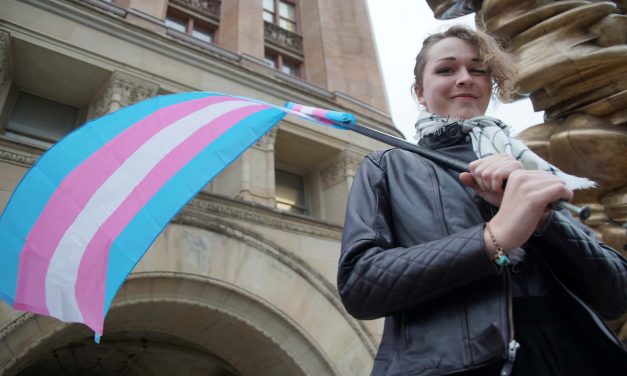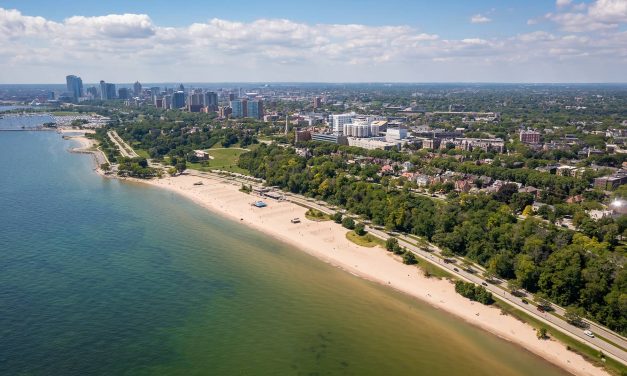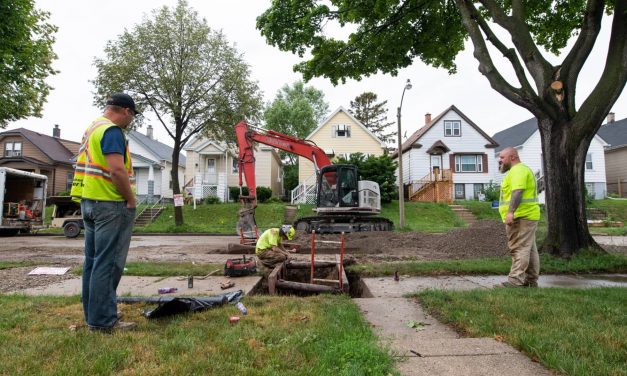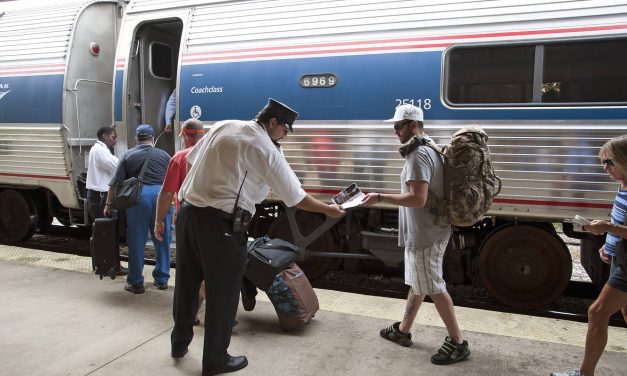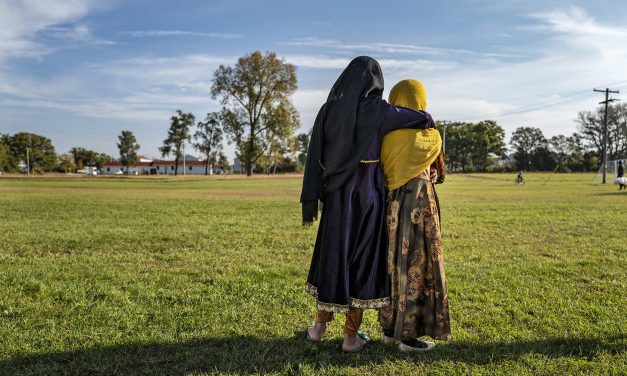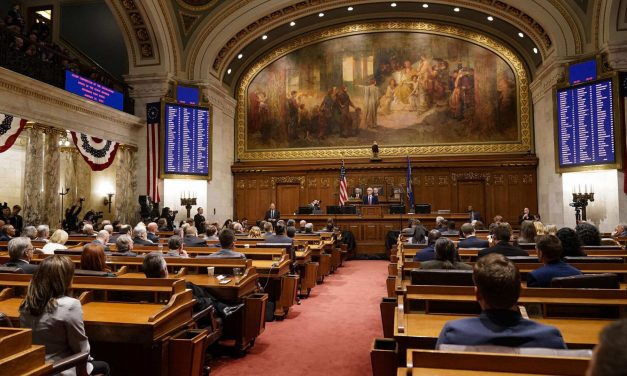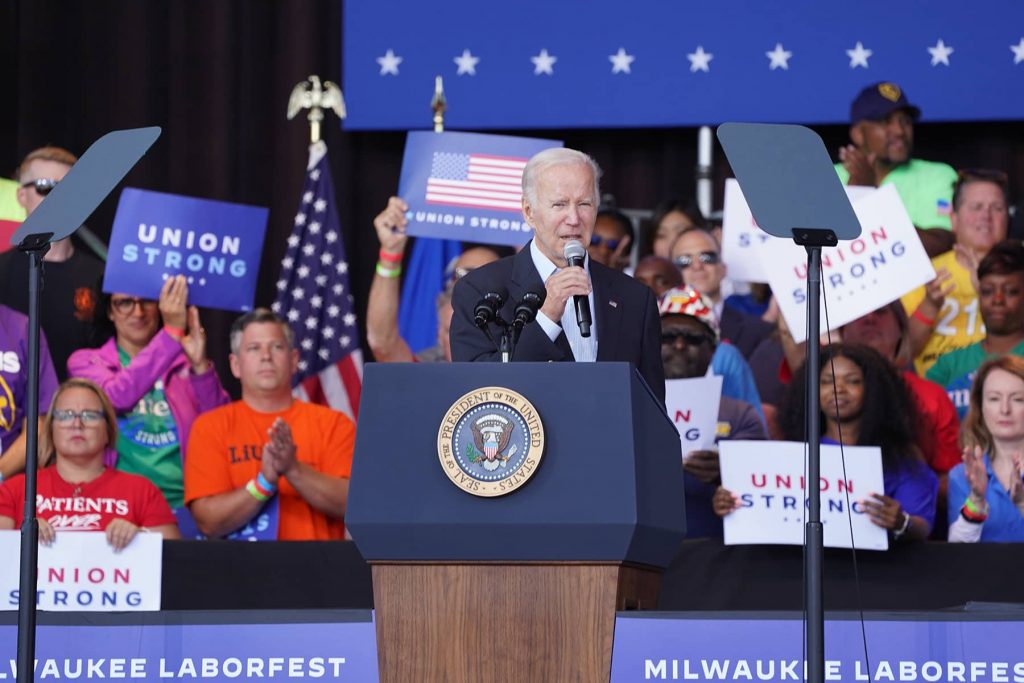Protective policies: Why Trans youth in Wisconsin feel less safe at school than their LGBTQ+ peers
Transgender and LGBTQ+ youth are more likely to report unsafe school climates and mental health concerns than their cisgender, heterosexual peers, according to research by graduate students at the University of Wisconsin-Madison. Only 66 percent of Wisconsin’s trans youth reported feeling safe at school, compared to 75 percent of LGBTQ+ youth and 83 percent of cisgender, heterosexual youth. And transgender students are more than three times as likely as their cisgender peers to report they have been bullied at school. The findings are part of a report by UW-Madison graduate students Ben Lebovitz and Erin Gill and their advisor,...
Read More
